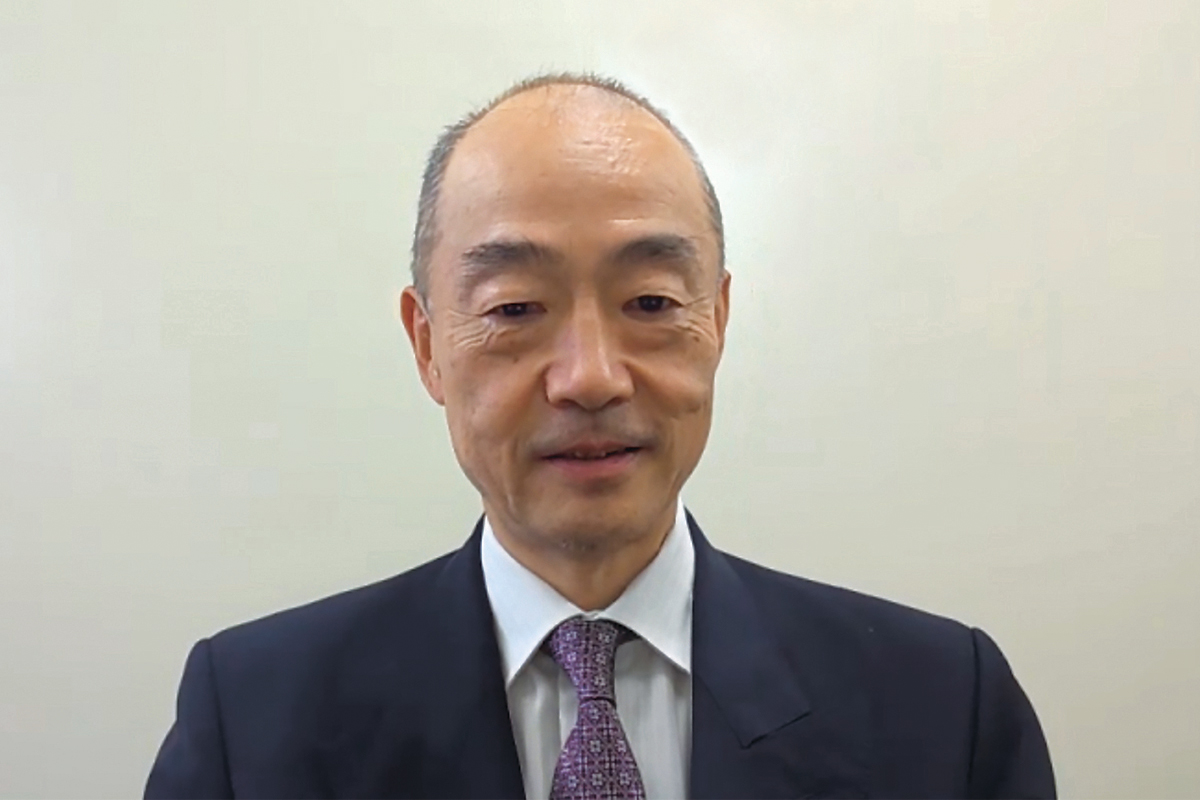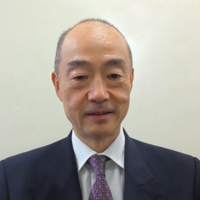The Japan Times recently interviewed the Ambassador for the Tokyo International Conference on African Development Jun Shinmi, prior to TICAD 8, which is to be held in Tunisia on Aug. 27 and 28.
Shinmi spoke about the progress in advancing inclusive and sustainable development on the African continent based on the three main pillars of economy, society and peace and stability, as highlighted in the Yokohama Declaration after TICAD 7 in 2019.He shared concrete examples of support for African countries and Japanese firms collaborating with African partners or entering the African market.
He also shared his view that better recovery from the COVID-19 pandemic will be one of the key issues on the various agendas at TICAD 8.
The following are edited excerpts of the interview.
What’s your general view of Africa’s current situation? How do you feel the COVID-19 and Ukraine crises affected the region both socially and economically?
Africa’s population is currently just over 1.3 billion, or 17% of the world’s population. According to statistics, this is expected to reach 2.5 billion, accounting for more than 25% of the world’s population by 2050. Furthermore, by 2100, 40% of the global population will be African. The real economic growth rate of sub-Saharan African countries is about 4.4% over the past decade through 2021. Compared to the world’s overall economic growth rate of about 3.5%, you can see how the African economy is very actively growing. This is why some people describe Africa as the last frontier.
However, even in the sub-Saharan countries, the economic growth rate fell into the negative in 2020, likely due in part to the impact of the pandemic. This is estimated to have recovered to a range of 3% to 3.5% in 2021. As far as the situation in Ukraine is concerned, North and East Africa especially are highly dependent on food imported from Ukraine and Russia. I believe that the spiraling prices of food and energy are having an impact on Africa’s economy and society, too.
At TICAD 7, the Yokohama Declaration 2019 noted that the TICAD process will continue to support inclusive and sustainable development on the African continent via the three pillars of economic, social, and peace and stability. Three years later, can you tell us of any specific progress or targets successfully attained?
There are many examples of development focusing on the three pillars. In terms of the economy, one of our focuses is human resource development, and we have already trained more than 200,000 people, exceeding our goal of 140,000, through various projects such as the Africa Kaizen Initiative and other activities of vocational training. As for the improvement of the investment climate, we have set a goal to collaborate with the African Development Bank to provide $3.5 billion in assistance over a three-year period, and so far we have provided at least $3 billion.
In the social area, we are on track to achieve our goal of training 26,000 people to ensure the provision of access to basic health care and improvement of hygienic environment for 3 million people. On the environmental front, a project to monitor and warn of changes in the forest environment, such as destruction of rainforests, is underway in 43 African countries with assistance from Japan. In the area of peace and stability, we are on track to train more than 40,000 people, which accounts for two-thirds of our target, in the fields of security and justice.
What do you think should be the main focus of TICAD 8?
For TICAD 8, the three pillars will remain unchanged, and so will the consistent principle of TICAD, which is “ownership and partnership” — an approach to place importance on the ownership of Africa and the partnership with Africa. From that standpoint, various agenda items will be discussed with consideration for how Africa and the international community can address the impact of the pandemic.
Encouraging more Japanese companies to do business in Africa seems to be an important and ongoing focus of TICAD. Have there been any changes since the last TICAD?
In 2010, the number of Japanese companies operating in Africa was about 500. In 2018, the number had increased to about 850, and the latest confirmed this year is about 930. Although there are some restrictions due to the pandemic, the number is on the rise.
Can you tell us about any new examples of successful Japanese businesses in Africa?
There are so many small businesses now trying to go to Africa actually, but just to name a few, Sucrecube Japon Inc. has provided portable solar power generators and internet access devices to rural villages without electricity in Senegal, enabling telemedicine and online education. Castalia Co. has been participating in a project to develop a maternity information-sharing app for Tanzania. The project aims to reduce maternal mortality rates by facilitating information-sharing among expectant mothers and midwives. Wassha Inc. is renting LED lanterns powered by solar batteries in Tanzania.
Some Japanese companies, especially small and midsize companies and startups like these, see great future potential in the African economy. But at the same time, I also believe that the very human security approach with empathy toward the feelings of African people, which is what Japan has been emphasizing, is manifested in these businesses.
Investment in African startups has risen dramatically in recent years, especially in the fintech and digital-transformation fields. What kind of support system is available to foster more matchmaking between Japanese companies and African startups?
Project NINJA (Next Innovation with Japan) run by the Japan International Cooperation Agency supports startup companies and promotes collaboration with Japanese companies to solve social issues and create new businesses. As a result of a business plan competition held in 2021 under this project, a company called M-Scan in Uganda won the grand prize. Their business plan was to enable the use of portable ultrasound systems in examinations provided at home. Some startups who won these business competitions either received funding from or formed business partnerships with Japanese companies, such as Toyota Tsusho and Rakuten.
The Ministry of Economy, Trade and Industry’s J-Partnership project provides support to Japanese companies that collaborate with African partners to develop businesses that help solve social issues in Africa. One of the companies that received a subsidy under J-Partnership is Sunda Technology Global that uses technology to solve the problem of abandoned wells in Uganda. Their system enables the collection of small fees in mobile money from the users of wells, which is used to maintain and manage the wells.
How do you define the goal of TICAD 8?
The approach we are taking is not necessarily built on a donor-recipient relationship. We are working together with Africa to address Africa’s challenges, with an emphasis on the quality of growth, in particular on human resource development as a foundation. We aim to recover better from the COVID-19 pandemic and work together with Africa to create a sustainable Africa and a sustainable world.




